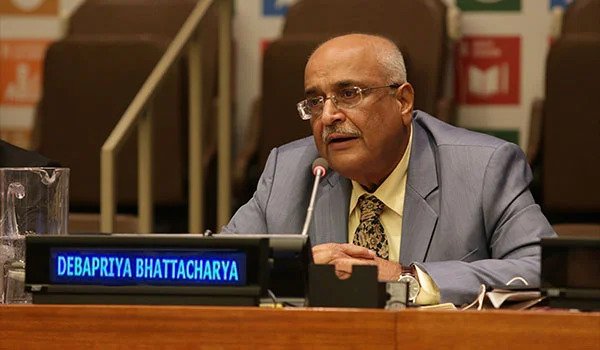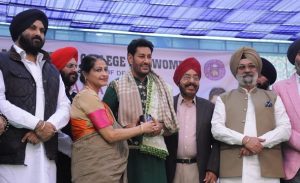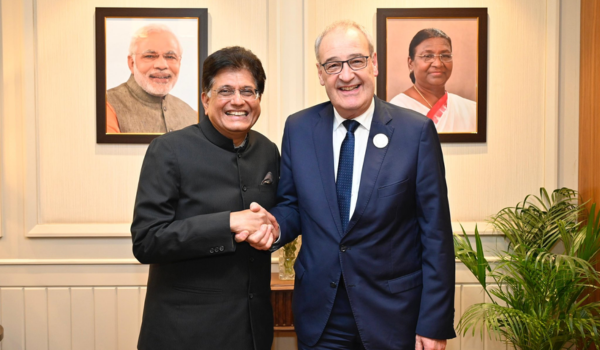
Last Updated on September 1, 2025 7:49 am by BIZNAMA NEWS
Zakir Hossain / Dhaka
Veteran economist and Distinguished Fellow of the Centre for Policy Dialogue (CPD) Debapriya Bhattacharya on Monday said the initial enthusiasm for reforms after the interim government took charge has largely evaporated.
Speaking at the launch of Reform Watch organised by the Citizen’s Platform for SDGs in Dhaka, he remarked, “Bangladesh is going through a major storm. The biggest challenge is to uphold the spirit of anti-discrimination of July. But the wave of reforms is no longer there.”
He criticised reform committees and commissions for remaining confined to politics. “In this story of reforms, there is no place for the marginalised and minority people. Their expectations have not been valued,” he said, questioning whether the government had “lost its way” due to conflicts of interest.
Debapriya, a former member of the government-formed White Paper Committee, added, “Technical solutions cannot deliver reforms. Practical solutions are required. This is where the current government has a major shortcoming.”
Another CPD Distinguished Fellow, Mustafizur Rahman, recalled similar reform failures under Justice Shahabuddin when 29 task forces “never saw the light of day.” He said reforms collapse mainly because of decisions taken “without public involvement.”
Dr Selim Raihan, Executive Director of the South Asian Network on Economic Modeling (SANEM), noted that “the wave of reforms completely died down after December 2024,” blaming the rise of anti-reform elements within government. “A few measures have been taken, true, but nothing substantial has happened yet,” he said.
Towfiqul Islam Khan, Additional Research Director at CPD, said the Citizen’s Platform will now prepare a people-oriented manifesto drawn directly from citizens’ expectations to influence political parties.






